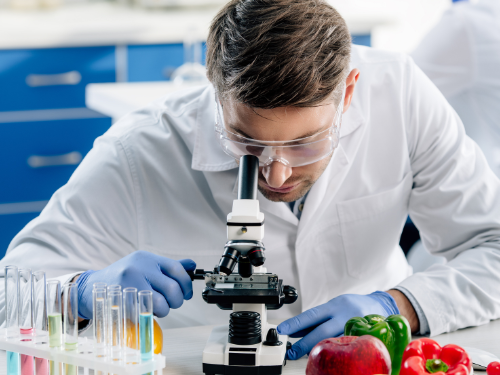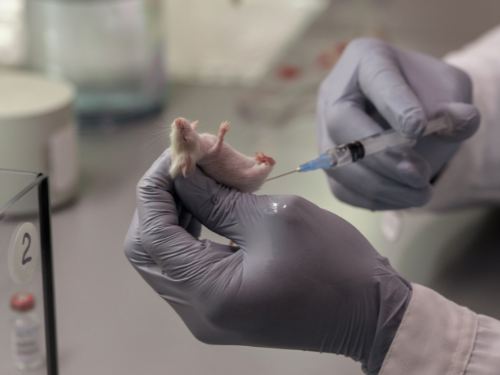Excessive alcohol consumption continues to be responsible for 1 in 5 death for adults aged 20-49 years old across the United States as per report of Center of Disease Control and Prevention in 2019. Apart from painful hangovers, headaches, fatigues, and nausea post-drinking, prolonged and excessive alcohol use has been associated with serious health problems including heart disease, cirrhosis, and immune deficiency.
But things may take a turn following recent research which described another way to mitigate hangovers an adverse outcomes of excessive alcohol use via a genetically engineered probiotic.
Meng Dong, Ph.D. from the Chinese Academy of Science's Institute of Zoology, developed a treatment experiment on mic that shows efficacy in reducing alcohol absorption, prolonged alcohol tolerance, and shortened recovery time after exposure to alcohol. Such however continues to be further studied and is yet to be subjected in human clinical trials in the future upon the assumption that the probiotic is predicted to offer solutions alcohol-induced and liver-related problems.

ADH or alcohol dehydrogenase, an enzyme in the body used primarily to metabolize alcohol, was found to have a variant ADH1B, found in East Asian and Polynesian populations, that offers more significant ability to metabolize alcohol, particularly 100 times better and active to accelerate its breakdown. However, the same study suggests the genetically engineered viral vectors used to express ADH1B may not be safe in humans.
Using these data, Dong and her team looked into a probiotic Lactococcus lactis, a bacterium commonly used in fermentation. ADH1B has been introduced to the probiotic strain of L. lactis via molecular cloning of its gene into the bacterial plasmid.
Such is administered into 15 untreated mice, grouped into 3 with varying levels of achohol intake and showed signs of drunkenness 20 minutes after exposure to alcohol. The study found the group that receive probiotic that expressed human ADH1B, half the mice were able to get back on their feet and turn themselves over an hour after alcohol exposure.

2 hours further into the test, blood alcohol levels for mice in the control group continued to rise while for those treated with the probiotic showed significant and gradual decline in alcohol levels. Finally, the study also discovered decreased levels of lipids and triglyceride for probiotic-treated groups, suggesting that the treatment could also alleviate alcohol-related damage in the liver.
Read the study here.
R&D in Molecular Biology continues to boost innovations in science and medicine. Connecting yourself to experts, managers, directors, and companies in this field is definitely possible with Clinical Org.
Got some promotion on your reagents you want a specific audience to see?
Seize the chance to sell your products and make new business connections with our members today!
Join Clinical Org